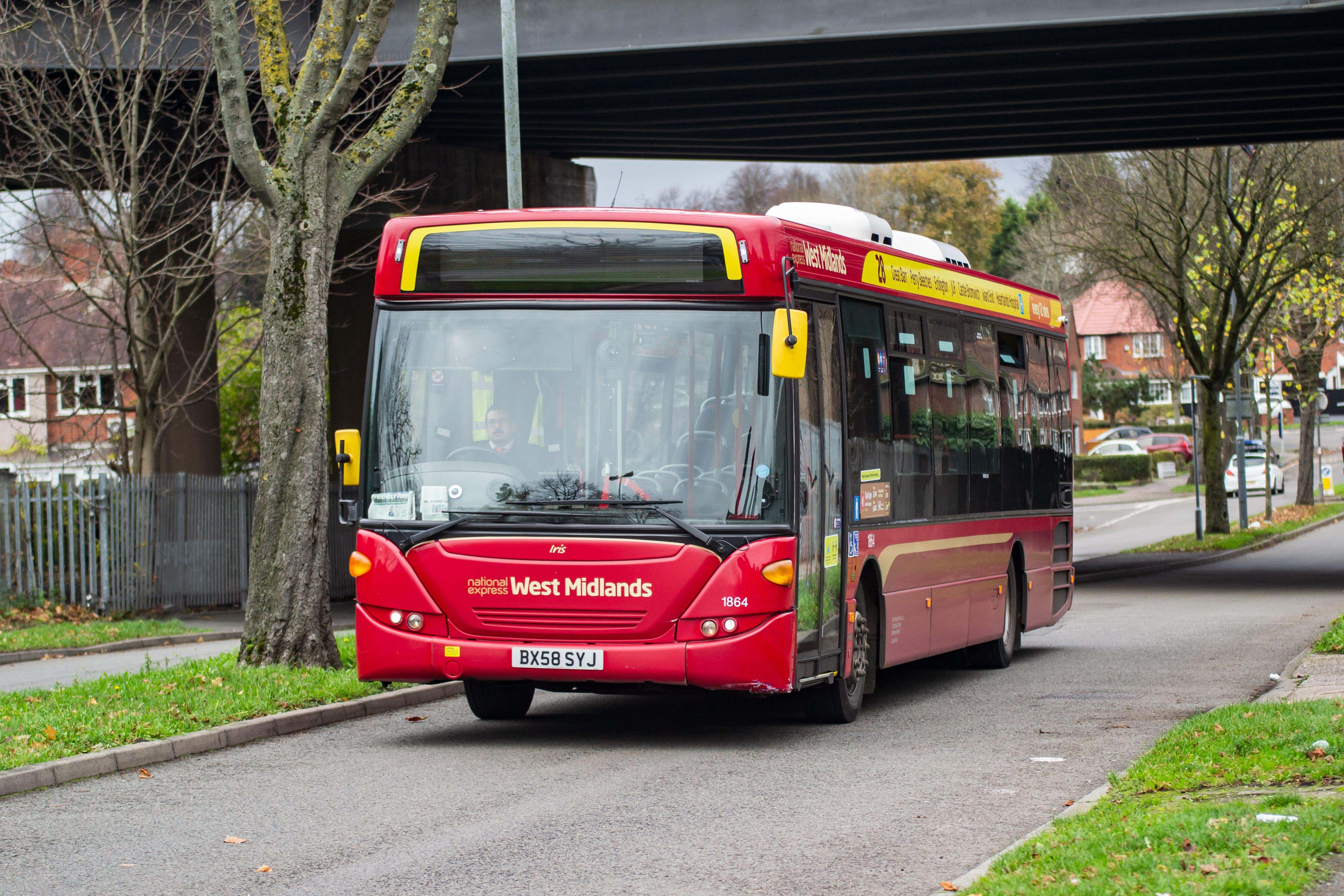People in deprived areas ‘suffered disproportionately larger bus service cuts’
Think tank IPPR North said it is time to ‘turn buses around’ after years of decline.

Your support helps us to tell the story
From reproductive rights to climate change to Big Tech, The Independent is on the ground when the story is developing. Whether it's investigating the financials of Elon Musk's pro-Trump PAC or producing our latest documentary, 'The A Word', which shines a light on the American women fighting for reproductive rights, we know how important it is to parse out the facts from the messaging.
At such a critical moment in US history, we need reporters on the ground. Your donation allows us to keep sending journalists to speak to both sides of the story.
The Independent is trusted by Americans across the entire political spectrum. And unlike many other quality news outlets, we choose not to lock Americans out of our reporting and analysis with paywalls. We believe quality journalism should be available to everyone, paid for by those who can afford it.
Your support makes all the difference.People living in deprived areas of England have suffered disproportionately larger cuts to bus services, according to a new report.
Think tank IPPR North, which produced the analysis, said it is time to “turn buses around” after years of decline.
It found that between 2011 and 2023, reductions in the distance travelled by buses per person was 10 times higher in the top 10% most deprived areas compared with the top 10% least deprived areas.
Neglecting England’s buses has had serious environmental, social and economic consequences, which have not been felt equally
The Bus Services Bill passing through Parliament includes legislation aimed at improving bus provision in England, including by giving all local transport authorities new powers to run their own services.
Only metro mayors can currently control services in this way.
IPPR North senior research fellow Marcus Johns said: “Neglecting England’s buses has had serious environmental, social and economic consequences, which have not been felt equally.
“After years of decline, it’s time to turn buses around so that they can help grow our economy, connect people to opportunities and reduce our emissions.
“The Bus Services Bill is a crucial chance to achieve this change.
Bus cuts are harmful wherever they happen, but these disproportionate cuts to deprived areas are deeply concerning, not least because our own research into 'left-behind neighbourhoods' shows how poor transport connectivity exacerbates deprivation
“By devolving powers, supporting local leaders, investing in buses, and decarbonising the bus fleet faster, it should help rebuild local bus networks.”
Silviya Barrett from lobby group Campaign for Better Transport said: “Bus cuts are harmful wherever they happen, but these disproportionate cuts to deprived areas are deeply concerning, not least because our own research into ‘left-behind neighbourhoods’ shows how poor transport connectivity exacerbates deprivation.
“Buses are vital to people up and down the country, but especially to those on low incomes, for getting to work and college, shops and services, and for combating loneliness.”
A Department for Transport spokesman said: “After decades of decline, we are fast-tracking the journey to better buses, an essential part of the Government’s mission to rebuild Britain.
“Our Bus Services Bill will help to overhaul how bus services operate, protecting vital services in rural or deprived areas and delivering on our commitment to improve living standards across the country.
“This is alongside our investment of more than £1 billion to help improve bus service reliability and frequency, better connecting communities across the country to job opportunities and public services.”
Cllr Adam Hug, transport spokesperson for the Local Government Association, said: “Extending powers to all councils to take further control of local bus services is a positive move, given their vital importance as a convenient, affordable way to travel and stay connected.”